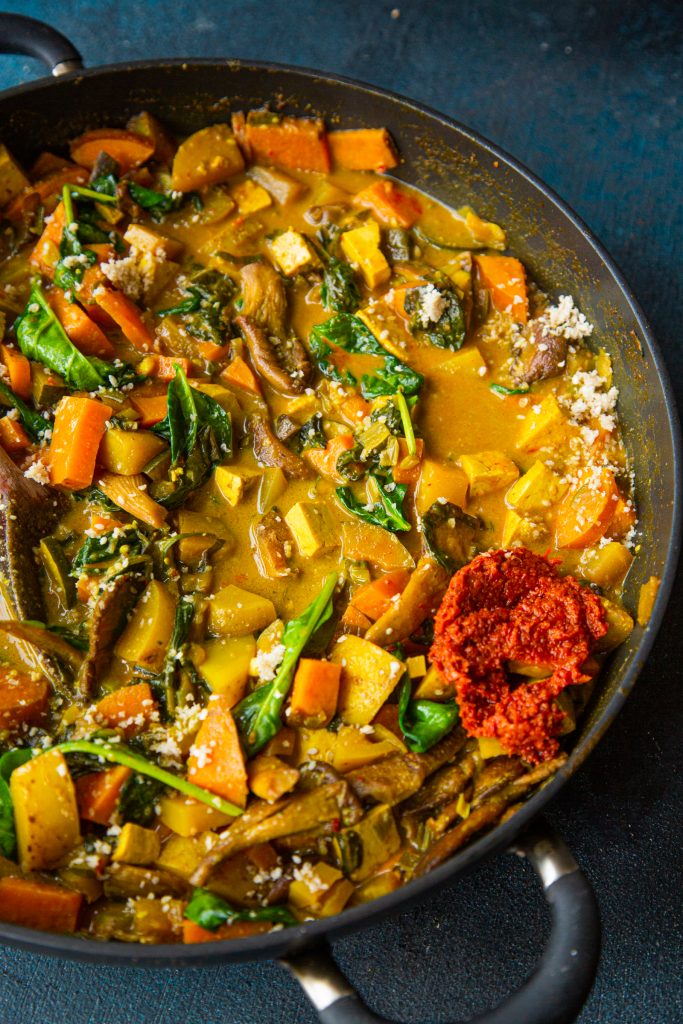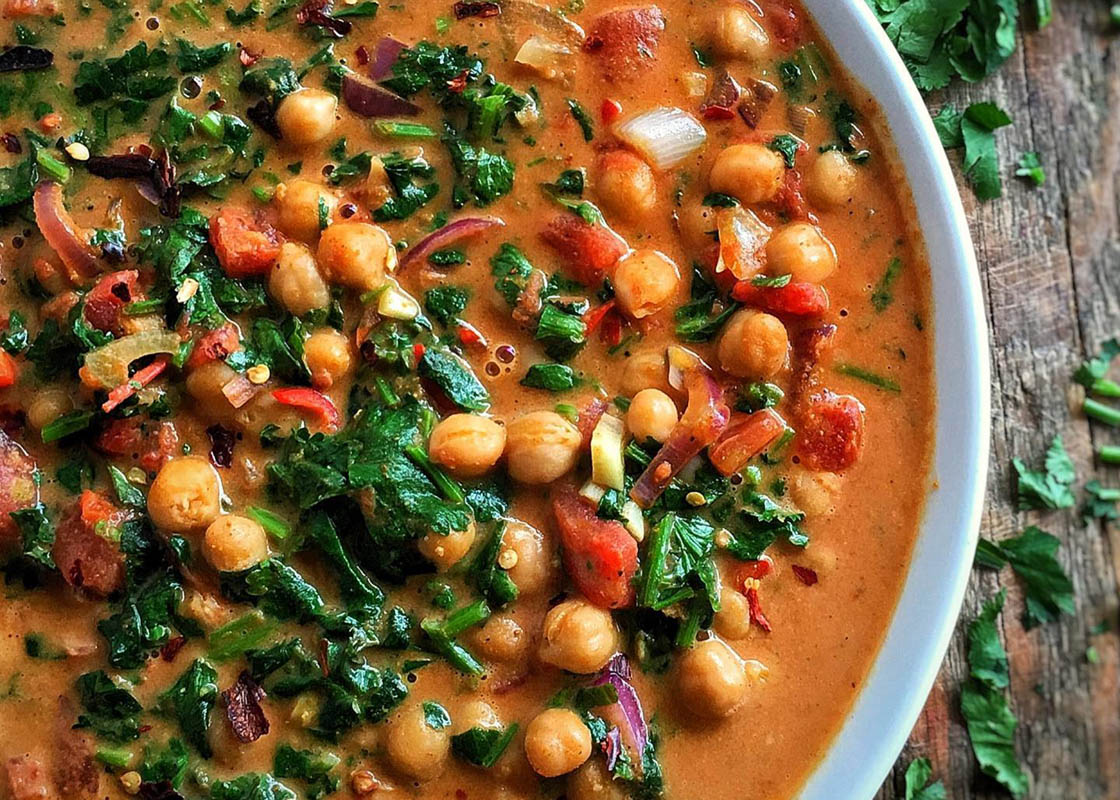
We all want a healthy immune system but not many of us know what to do to build this up. One of the simple things each one of us can do to boost our health and strengthen our immune system, is to cultivate a a healthy gut. Here are some fantastic tips to improve your gut health.
We caught up with plant-based gastroenterologist, Dr Alan Desmond, to find out his top tips on how to have a healthy gut. Dr Desmond leads a gastroenterology clinic in Devon in the UK and advises plant-based dietary treatment for many of his patients’ chronic digestive disorders. He is a bestselling author as well as a practicing gastroenterologist with more than 10 years experience.
He recently spoke at the UK’s first plant-based medical conference, at King’s College Hospital in London, on the benefits of a whole food, plant-based diet for the treatment of Crohn’s disease.
“Everybody’s gut contains billions of bacteria, viruses and yeasts which together make up the ‘gut microbiome’. But don’t be concerned, these bugs have been with us throughout human evolution and live in perfect symbiosis with the human body. Our gut works hard to make sure that they are healthy and happy, and the feeling is mutual.
In the last decade, it has emerged that these micro-organisms, especially the bacteria, are key contributors to human health. Our microbiome actively helps us to digest our food, preserve our gut heath, control our blood sugars, maintain a healthy body weight and even helps to keep our immune system working effectively. Having a healthy microbiome has even been linked to improved mood and may help reduce our risk of diabetes, allergies, asthma and digestive conditions such as Crohn’s disease and colitis.
Everybody has their own unique microbiome, which can contain more than 800 different types of bacteria. The key to a healthy microbiome is microbial diversity; our bodies do best when we have lots of bacteria and lots of different types.
Our healthy bacteria absolutely love plant fibre. This was confirmed when the American Gut Project analysed the gut microbiomes of over 11,000 volunteers from around the world. Their huge scientific effort showed that the key to maintaining a healthy and diverse microbiome is to eat lots of plants and to eat them in variety. Every plant-based food, be it a bean, green or wholegrain, contains different types of fibre and important phytonutrients. Our microbiome loves them all.
The bugs of our microbiome seem to work on the same 24-hour daily cycle as the rest of our body. In fact, some researchers believe that our microbiome plays an important role in setting our body clock. Sleep deprivation, jet lag and shift-work have all been linked to reduced microbial diversity. Show your microbiome some love by getting seven to eight hours sleep.
In 2014, a team of Irish researchers found that elite rugby players displayed an impressive level of microbiome diversity. Further studies have shown that we can all reap the gut-health benefits of regular exercise, which helps to boost levels of healthy, fibre-loving bacteria.
A sanitized indoor lifestyle is not the best thing for our microbial health. We know that people who live in the countryside tend to have healthier and more diverse microbiomes than city dwellers. If you can’t make it to the great outdoors, even spending time in parks or gardens can be beneficial.
Antibiotics have been of incredible benefit to humankind, helping us fight common serious infections such as pneumonia and meningitis. However, if you have a simple cough or cold that your doctor feels will settle without antibiotics, then do your microbiome a favour and take their advice. A single course of antibiotics seriously alters the balance and diversity of the human microbiome.
Another way to avoid excess antibiotics is to remove meat and dairy from your diet. The vast majority of antibiotics used in the world are given to farmed animals. These antibiotics remain in the food chain and affect the human microbiome.
It’s no coincidence that my top tips for a healthy microbiome sound a lot like Steve and Dave’s top tips for health and happiness! A healthy-plant-based diet, exercise, adequate sleep, and spending time in nature are common practices among the inhabitants of the Bluezones; the areas of the world where people live the longest and healthiest lives. Our health and happiness may well depend upon on our gut microbiome. Being kind to our bugs means being kind to ourselves!”

All are high in fibre and packed with delicious whole plant foods to give you plenty of plant diversity and gut loving fibre!

Unlock the Ultimate Plant-Based Culinary Experience with The Happy Pear Recipe Club!
Dive into 600+ mouthwatering recipes designed to nourish your body and tantalise your taste buds. Join our ever-growing, supportive community of food enthusiasts and take the first step on your journey to a healthier, happier you.
Your Membership Includes:
